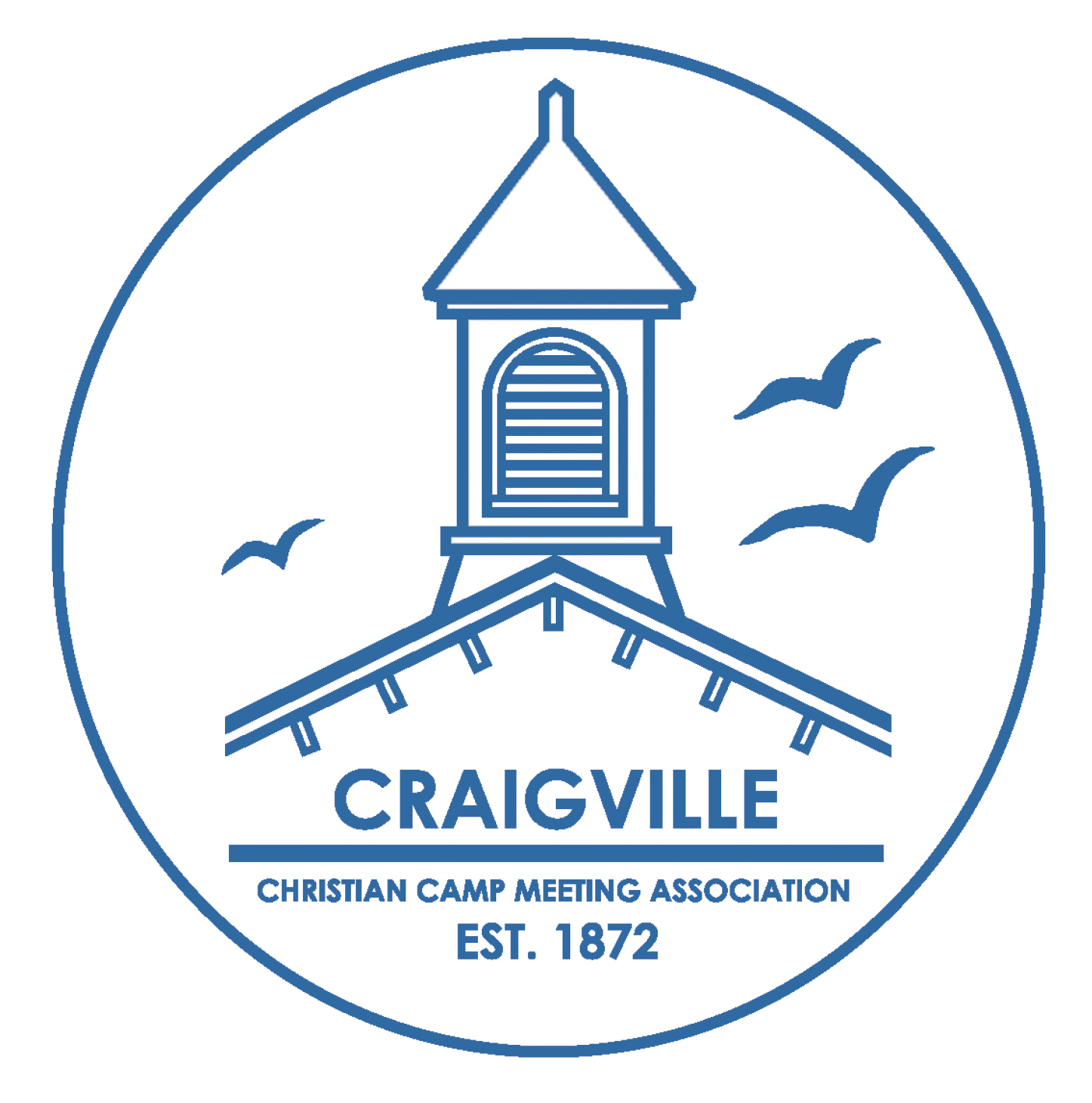Remembering Our History
Martyn Summerbell
Educator and Unifier
Martyn Summberll
1847-1939
As immigrants settled in North America in the 1800s, religious zeal and church life changed. Some Christians did not believe that certain doctrines and practices were needed. They refused to be affiliated with any denomination and simply called themselves and their churches “Christian.” They were especially committed to education, and they were eager to promote Christian unity.
Martyn Summerbell (1847-1939) was an important “Christian” leader. He was born in Naples, New York, graduated from the College of New York City and eventually taught at Union Christian College in Merom, Indiana. In 1866, he was ordained and served several churches in New York and New England.
Summerbell was an educator, teaching church history at Cobb Divinity School (1888-1898) in Maine. From 1898 into the 1930s he lectured and also served as vice president at Defiance College. Near the end of his life he served as president of the Palmer Institute-Starkey Seminary in Lakemont, NY.
Christians and Congregationalists often met at Summerbill’s summer home in Craigville, Massachusetts; and in 1897 that group produced the “Craigville Recommendations”— a document suggesting that the two groups should unite. Summerbell explained “The Practical Sides of Union Work,” noting that human weaknesses can hinder union, as well as cultivate specific practical steps to help achieve mutual respect. The “Craigville Recommendations” was the early step that led to a Christian-Congregational union in 1928, and created the General Council of the Congregational and Christian Churches in 1931.
Summerbell regularly reminded Christians and Congregationalists of the “Origins and Principles of the Christians.” There were six principles: Christ is the sole head of the church; only the name Christian should be used; the Bible is the only creed; Christian character is the only and sufficient test of fellowship; the right of private judgment and liberty of conscience is basic; and union brings the followers of Christ together.
UCC Roots “Remembering our History” Contributor: Robert F. R. Peters, Jr.

